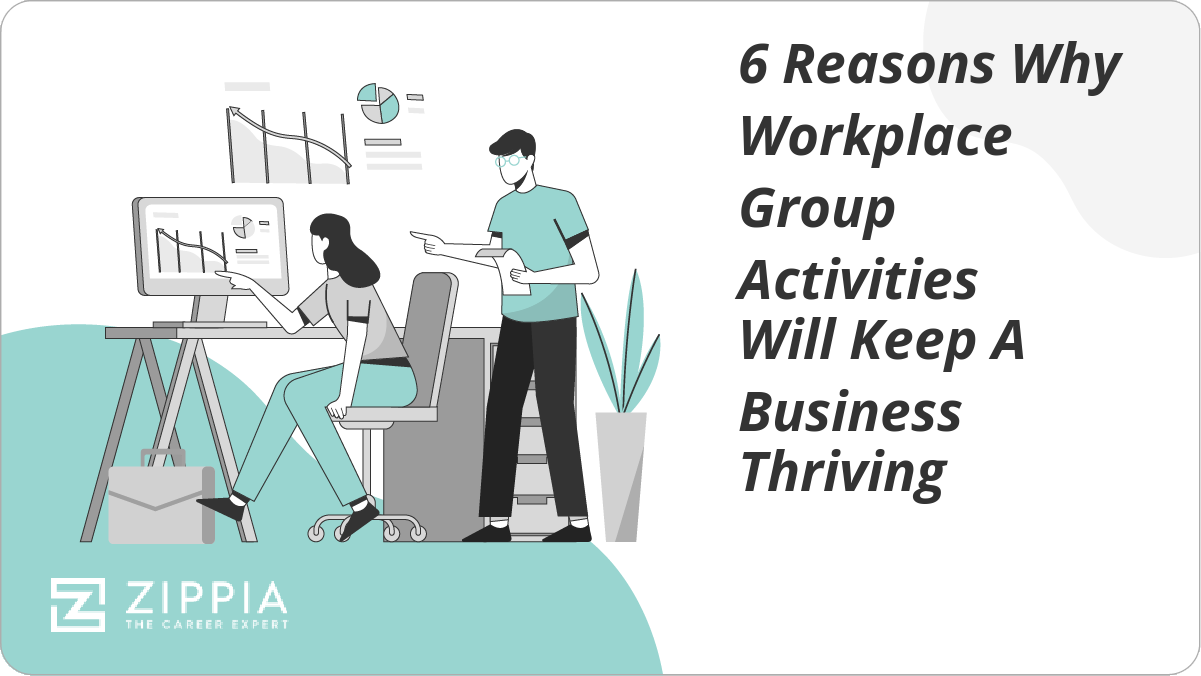The term ‘employee-owned’ may leave many scratching their heads. The concept of employees owning the company they work for may seem strange, but it’s actually a rare and exciting term that refers to a business having an Employee Stock Ownership Program (ESOP). This means employees own shares in their company.
Employee ownership is a broad concept that can look different depending on the company. The most common form is ESOP, which offers benefits for employees who can own shares through a trust funded by the company. Other forms of employee ownership may include stock options, grants, synthetic equity, worker cooperatives, and employee ownership trusts.
What Does Employee Ownership Mean For a Company?
Employee ownership is when no single person, family, or third party holds a majority share of company stock. It typically means the company’s stock is distributed among employees through shares. This means that despite having the same structure as most companies, all employees at all levels of the organization have the same ownership opportunities.
Although companies may be employee-owned, management roles typically mirror traditional workplaces. Each company will have its own way of managing its process for overseeing employee ownership and the company as a whole. Employee ownership offers a variety of benefits, including exempting the company from corporate federal income taxes.
In addition to tax benefits, employee-owned companies enjoy increased employee engagement because employees feel empowered. It can boost productivity and lead to bigger profits. ESOPs also have the benefit of operating like a traditional 401(k) plan, so employees can defer tax contributions until retirement.
Types of Employee Ownership
-
Employee Stock Ownership Program. ESOPs are essentially trust funds or retirement plans since it gives the company, shareholders, and employees tax perks. ESOPs can either own a large part of the company’s stock or own the entire company.
-
Equity Grants. Also referred to as equity compensation, these are grants of stock given by the company to employees. They can be direct grants, employee stock purchase plans, performance shares, phantom stock, restricted stock, stock appreciation rights, or stock options.
-
Worker Cooperatives. Worker cooperatives are when workers own the business and participate in its financial success by contributing with labor to the business. They have representation on and vote for the board of directors, adhering to the principle of one worker, one vote.
-
Employee Ownership Trusts. An EOT is a legal structure allowing companies to remain employee-owned. The company shares live in a trust and stay there forever. The company is operated by the trustee on behalf of the employees. Employees receive a percentage of outgoing profits throughout their employment.
Employee ownership can look very different depending on the company. It’s also only as successful as the people within the company — one company may thrive under a certain model, while another may experience issues with employee ownership. There are multiple advantages and disadvantages to this type of ownership.
Many companies choose to become employee-owned based on the advantages they hope to see for their stakeholders and the company as a whole. However, it’s important to note that no business structure is perfect and, as with many things in business, may require certain trade-offs to succeed.
For example, shared ownership can help inspire employees to become more motivated and productive, as they have a personal stake in the company. However, simply changing the ownership structure won’t usher in a change to the company culture — this takes time and commitment from leadership.
- Employee Programs
- What Does Employee Owned Mean
- What Is Employee Relations
- Generation Z Characteristics In The Workplace
- What Is An Employee Assistance Program
- Employee Stories And Employer Branding
- Reasons To Encourage Fitness Workplace
- How Workplace Group Activities Keep Business Thriving
- Employee Resource Groups
- How To Make Employee Incentive Programs
- Managing Work Stress
- How To Make A Professional Development Plan
- Employee Reward Programs
- Pros And Cons Of Unions





